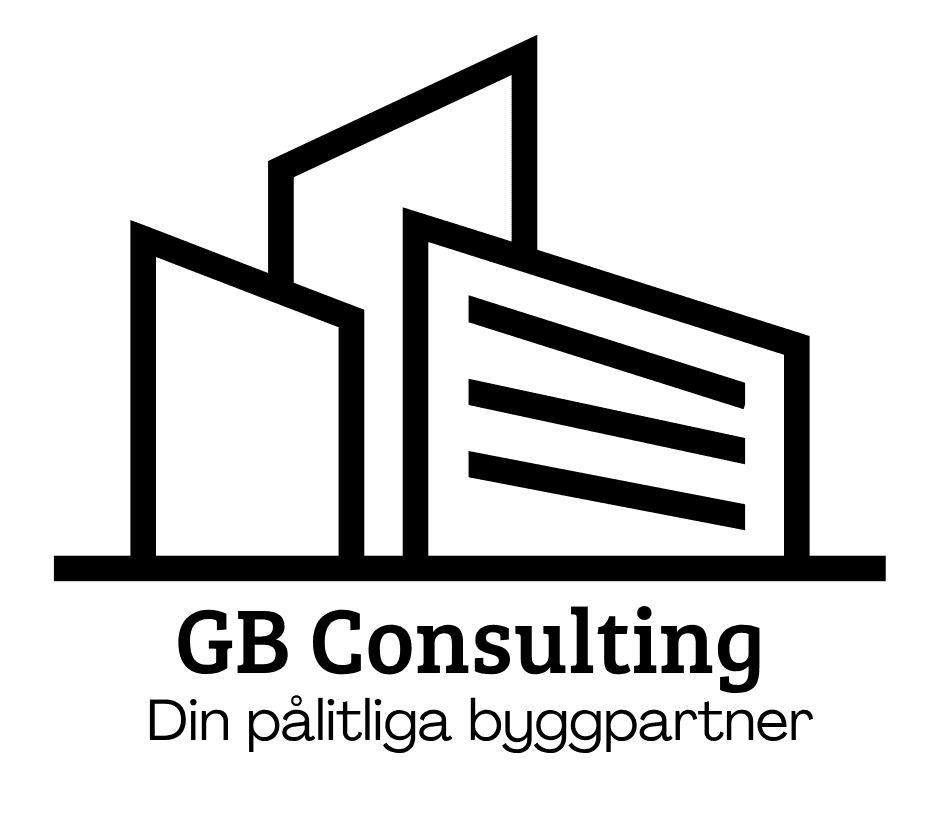Comparison Guide: In-House Strategy vs. External Consulting
In the rapidly evolving world of business, decision-makers often face the challenge of choosing between developing an in-house strategy and opting for external consulting. Each approach has its own set of benefits and limitations, and understanding these can help businesses make informed decisions.
Understanding In-House Strategy
An in-house strategy involves utilizing your own team to develop and implement business plans. This approach provides certain advantages, particularly in terms of control and customization. Your team knows the company culture, values, and long-term goals, allowing for tailored strategies that align with your vision.

However, maintaining an in-house team requires significant resources, including time and financial investment. Companies need to ensure that their employees have the necessary skills and training, which can be a continuous process. Additionally, in-house teams might lack the diverse perspectives that external consultants bring.
Benefits of In-House Strategy
- Complete Control: You have full oversight of the strategy development and implementation.
- Alignment with Company Culture: In-house teams inherently understand the company’s ethos and goals.
- Cost Efficiency: For long-term projects, it can be more cost-effective than hiring external consultants.
Exploring External Consulting
External consulting involves hiring specialists or a consulting firm to provide expertise and guidance. This option offers a fresh perspective, drawing on the consultants' extensive experience with various industries and challenges. They bring innovative solutions and a wealth of knowledge that might not be available within the company.

Despite these advantages, external consulting can be costly, and there may be a lack of familiarity with your company's specific needs and culture. It requires careful selection of a consulting partner who understands your industry and shares your vision.
Advantages of External Consulting
- Expert Insights: Access to a wide range of expertise and industry best practices.
- Objectivity: Consultants can provide unbiased assessments and recommendations.
- Flexibility: Easily scales according to project needs without long-term commitments.
Choosing the Right Approach
Deciding between an in-house strategy and external consulting often depends on a company’s current capabilities, resources, and specific needs. Some businesses find a hybrid approach effective, leveraging in-house knowledge while occasionally tapping into the expertise of external consultants for specialized projects.

Ultimately, the choice should align with your strategic goals, budget constraints, and the complexity of the challenges you face. Both in-house strategies and external consulting have their place in a well-rounded business strategy, and understanding their respective roles can lead to more informed decision-making.
In conclusion, whether you choose to develop an in-house strategy or engage external consultants, the key is to ensure that the approach aligns with your business objectives and enhances your ability to achieve sustainable growth. With careful consideration and planning, you can harness the strengths of each method to drive success.
